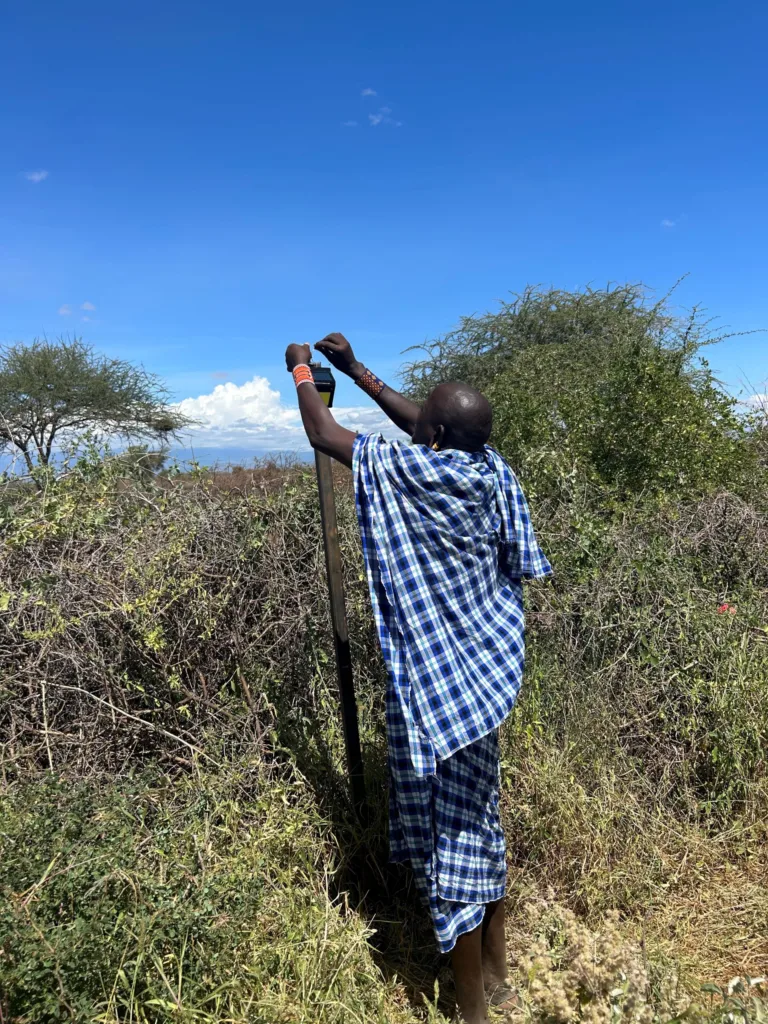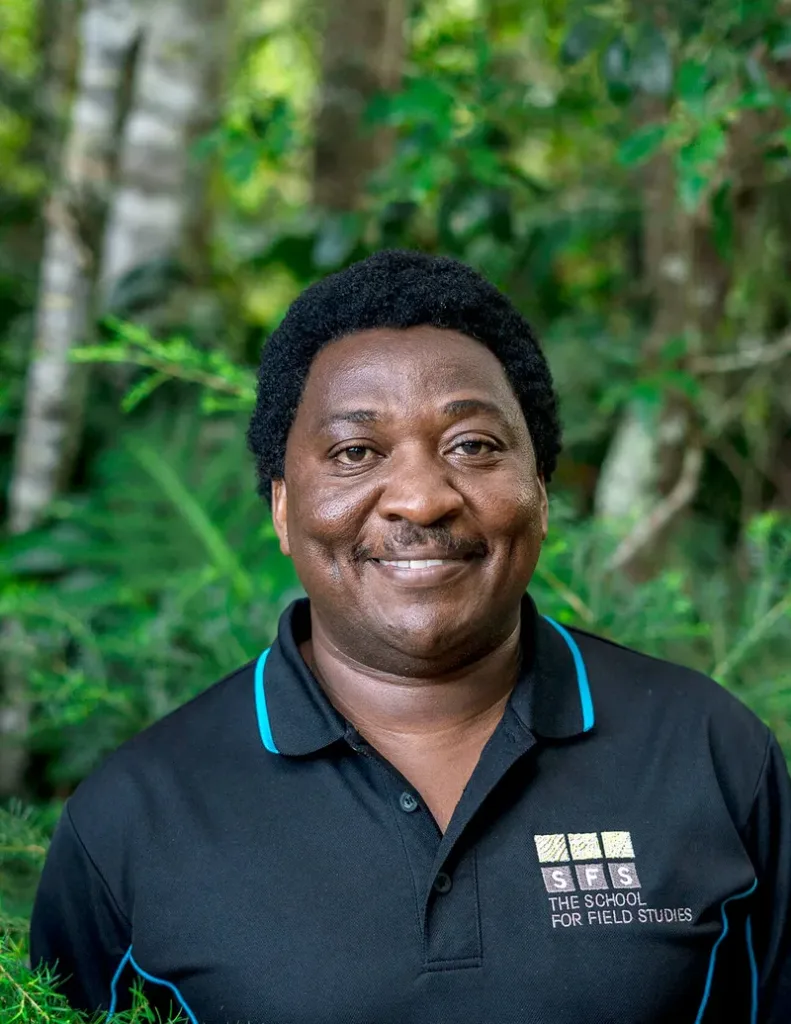
By: Justus Kithiia, PhD
The Tourism/Business Alignment on Sustainable Services in Nicaragua
Part of our recent week-long exploration of Nicaragua included continuing our study of ethical tourism by examining the prevalence of participation in sustainable practices by tourists and service providers. Nicaragua has seen a 7.5% increase in tourism from 2000 to 2014, outpacing its Central American neighbors (INTUR Tourism Bulletin, 2015). Such significant increases are partially due to Nicaragua’s late entry onto this $ 7.2 billion international industry (CREST, Trends and Statistics, 2016). Increased political stability has led to more investment in tourism, coupled with a growing demand for adventure tourism to less visited destinations. We asked, “Are the potential benefits of increased tourism being fully realized?”
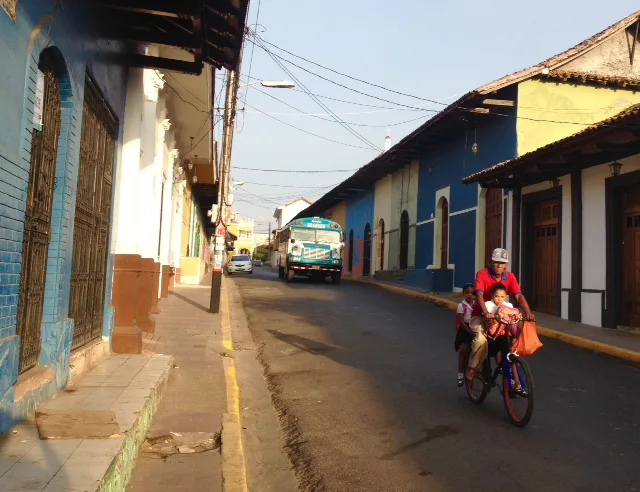
Local tour bus used by SFS while visiting Granada, Nicaragua
While tourism is often presented as an entirely positive economic opportunity for destination nations, there are serious environmental, economic and social consequences that should be evaluated and considered when promoting this sector. Nicaragua has faced aggravated water use and disposal issues, higher demand for drugs and mismanagement of some natural and cultural sites due to increased tourism. Ideally, thoughtful planning and an effort to attract specific types of tourists can generate place-specific and sustainable travel. We took advantage of our mid-semester field trip to Nicaragua to conduct a field exercise considering the strengths and weakness of the expanding tourism industry. Our objective was to compare sustainable practices of tourists and businesses in the less developed island of Ometepe with those of the colonial city of Granada.
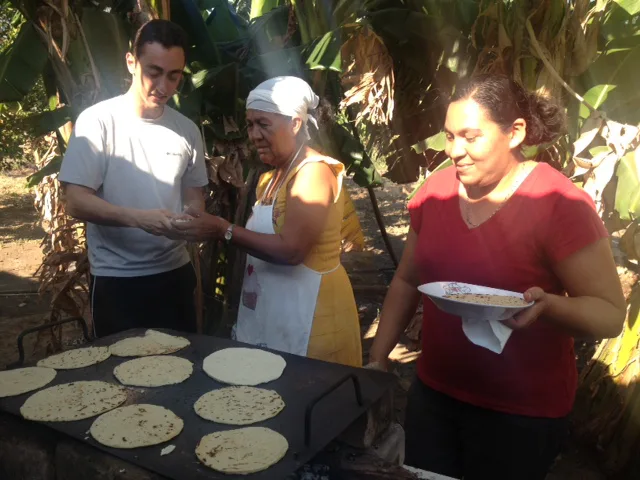
Learning to make tortillas with Fundación Entre Volcanes rural tourism collective members, Ometepe, Nicaragua

Students surveying local tourism business on Ometepe Island, Nicaragua
Surveys were conducted by students at both sites during the first week of April. We questioned tourists about the sustainable services they had utilized on vacation, if those options were sufficient to meet their needs and whether they were willing to pay more for a range of sustainable services. On the service supply side, we asked business owners and service providers what level of demand for sustainable services they encountered, whether they provided any such services and what impediments kept them from doing so.
Our results show that 51% of the 153 tourists ranked themselves as very concerned with sustainable practices when traveling. Sixty-four percent reported being content with the sustainable options available in Nicaragua. Between 76% and 81% of tourists indicated that they would be willing to pay more for specific sustainable services such as hotels, restaurants and admission to cultural & nature sites.
Of the 78 businesses surveyed, 74% described sustainable services as very important to them. However, only 17% of businesses thought that tourists had high concern for sustainability. These results led us to question whether tourists are overstating their sustainable intentions or if perhaps businesses are underestimating the potential to provide sustainable services, such as organic food, locally produced crafts and solar-heated water. While both tourists and businesses may be self-reporting higher than actual interest in sustainable practices, a significant interest is clearly demonstrated. Providing more sustainable services that tourists are seeking could unlock financial, social and environmental benefits for tourism sites in Nicaragua.
Students reflected that there is a shared responsibility of businesses to provide services but also tourists to consider the consequences of travel and actively seek sustainable options. A thought we can all take with us on our next trip.
Related Posts
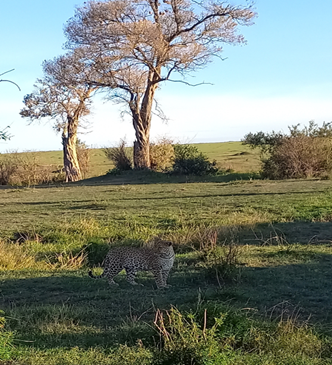
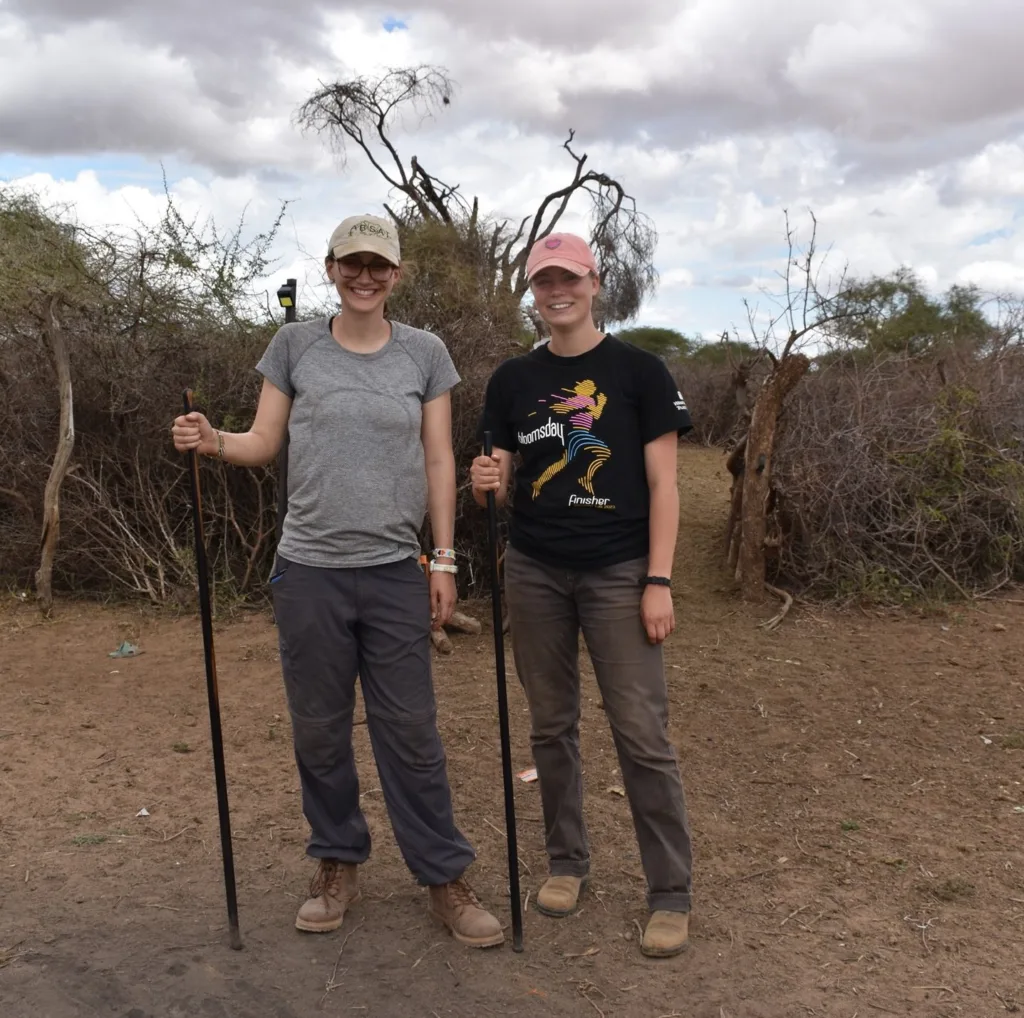
Alumni Reflections: Stories of the Return to Kenya
